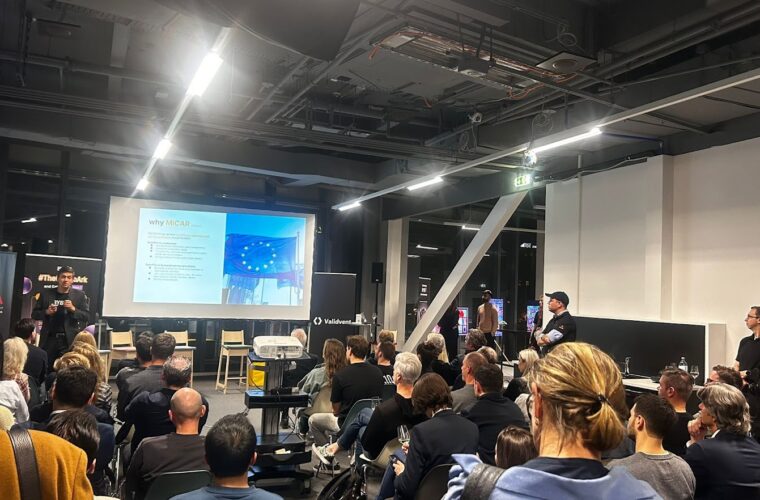The future of accounting has arrived. Automated systems are beginning to replace the desk of a hundred files and if you are an SME then automating your accounts could save you time, money and the dreaded tax stress.
Peter Connor CEO and co-founder of Bullet says it’s a disruptive time in the accounting world, the accountants don’t want us to know it, but this is happening and his new partnership with digital bank Revolut proves just that.
Conner has spent many years dabbling in Fintech products with his passion driven by creating the best user experience possible.
“I worked in Rabobank in Infrastructure and then I got an opportunity to work on the launch of RaboDirect, which was the online bank – that got me into FinTech products,” says O’Connor. “The web is a little bit creative, a little bit technical and with numbers as well – it was a nice merge. I had missed the creative side and the web kind of allows for that.”
With his creative side in full flow he became involved in various projects in the UX and UI space including a comparison site and a bill splitting site before creating Bullet, an accounting software platform. with co-founder John Farley.
Farley was on a mission at the time was on a mission at the time to build an accounting product that understood the rules and how to apply them – accounting software for non-accountants.
“The two of us set up the company and we started building Bullet and a year later we launched. We have an international product, and we have an Irish product. We’ve around 6000 customers in Ireland, and around the same amount internationally.”
Bullet offers SMEs a range of services, including accounting, invoicing, payroll, payments, reporting, bank reconciliation, receipt tracking, mileage tracking and support. “The big difference with our product and other products is Bullet is workflowbased software so that you never have to learn accounts.” They have just announced a partnership with British fintech company Revolut, “This is through Revolut Business,” says Connor. “At the moment, the first phase, we’ve just done an integration with them so we are just pulling their standard data set in, and then the next phase we’ll be automating the backend which will automate your accounts. Once that is done we can start automating your tax returns for your year end – that is where it starts having a big impact on the accountant.”
“Our ultimate goal is for you, the user, to never really to have to touch Bullet, all you’ll use it for is to generate an invoice and then we’ll just notify you when your tax return is ready – the only bit we don’t do is the end of year return,” he says.
“The automation we’re delivering is kind of the final snap in accounts. Once a system gets clean data and you have a nice deep integration with a bank, you can automate everything. I think the impact that’s going to have on a lot of small business accounting firms is going to be huge – it’s also going to create some issues for larger accounting firms,” adds Connor.

Peter Connor – Bullet



